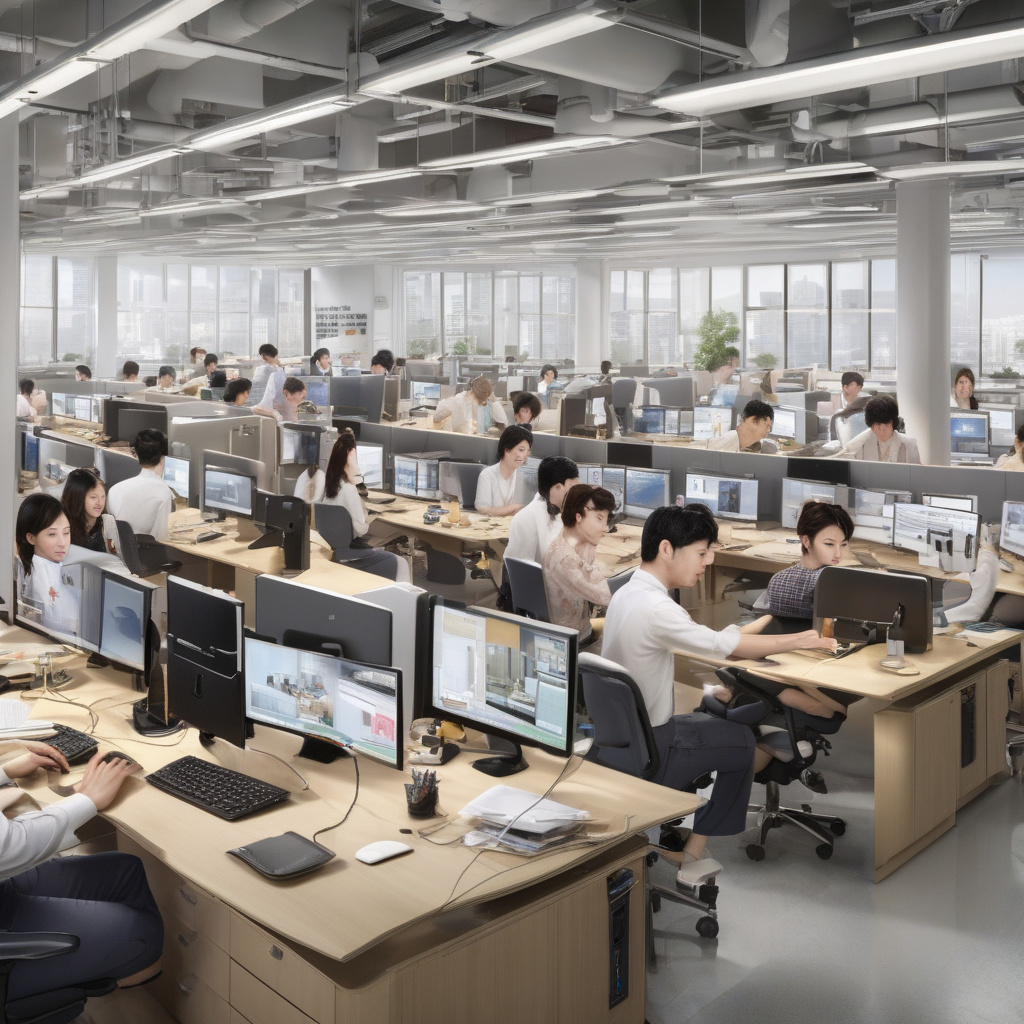In recent years, the tech industry has been abuzz with discussions around work culture, particularly in the context of long hours and intense schedules. One prominent example of this is China’s notorious 996 culture, where employees are expected to work from 9 a.m. to 9 p.m., six days a week. This extreme work ethic has sparked debates worldwide about work-life balance, productivity, and employee well-being.
As China’s 996 culture continues to make headlines, another East Asian tech powerhouse, South Korea, is facing its own set of challenges regarding work hours. In an effort to promote a healthier work-life balance, South Korea implemented a 52-hour workweek cap, which is stricter than regulations in the United States and Singapore but more lenient compared to many European countries.
The 52-hour limit aims to protect employees from overwork, reduce burnout, and enhance productivity through well-rested and motivated workers. While this move has been praised for prioritizing employee welfare, it has also raised concerns within South Korea’s tech sector, particularly among deep tech founders and investors.
These industry stakeholders fear that the 52-hour limit may hinder innovation and competitiveness in the global tech market. The fast-paced nature of technology development often requires round-the-clock dedication and flexibility to meet project deadlines and stay ahead of the curve. For startups and tech companies striving to make a mark in the industry, the rigid workweek cap could pose challenges in terms of operational efficiency and responsiveness to market demands.
Moreover, in a sector where talent acquisition and retention are critical, some tech companies worry that the 52-hour limit may impact their ability to attract top talent. Highly skilled professionals in the tech industry are often drawn to environments that offer stimulating challenges, rapid career growth, and a dynamic work culture. Restrictions on working hours could potentially deter these individuals from joining or staying with companies that operate under such constraints.
To address these concerns, South Korea’s tech sector is exploring ways to navigate the delicate balance between fostering a healthy work environment and driving innovation. One approach is to implement flexible work arrangements that empower employees to manage their schedules effectively. By embracing remote work options, flexible hours, and results-oriented performance evaluations, tech companies can promote a culture of trust, autonomy, and work-life balance without compromising productivity.
Furthermore, investing in employee well-being initiatives, such as mental health support, wellness programs, and professional development opportunities, can help mitigate the negative effects of long hours and high-pressure work environments. By prioritizing the holistic needs of their workforce, tech companies can cultivate a positive workplace culture that nurtures creativity, collaboration, and sustainable growth.
As the global tech landscape continues to evolve, it is essential for industry players to adapt to changing work dynamics while upholding core values of innovation, efficiency, and employee welfare. While the 52-hour workweek cap in South Korea presents unique challenges for the tech sector, it also offers an opportunity to reevaluate traditional work practices and explore new ways to thrive in a competitive market.
In conclusion, finding a harmonious balance between work hours, innovation, and employee well-being is a complex yet essential endeavor for South Korea’s tech industry. By embracing flexibility, nurturing talent, and prioritizing holistic growth, tech companies can navigate the nuances of the 52-hour limit while staying true to their mission of driving technological advancement and shaping the future of innovation.

